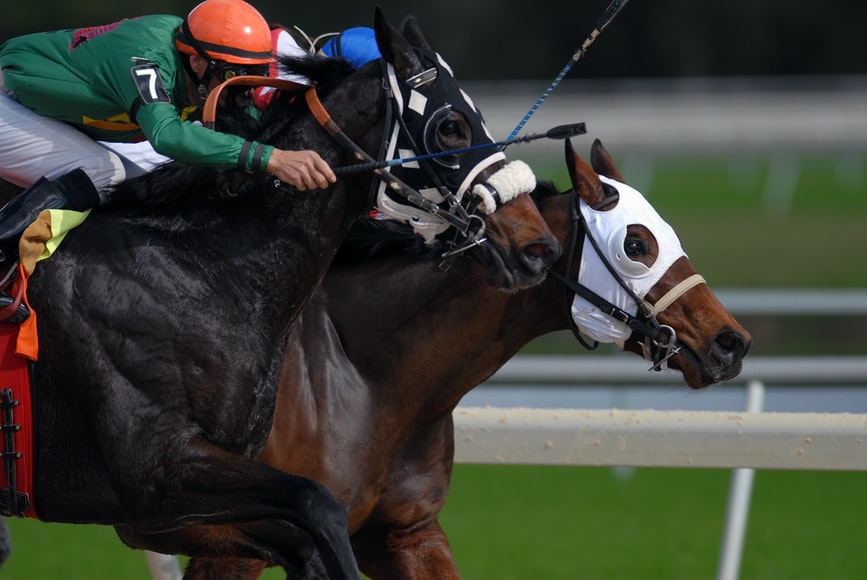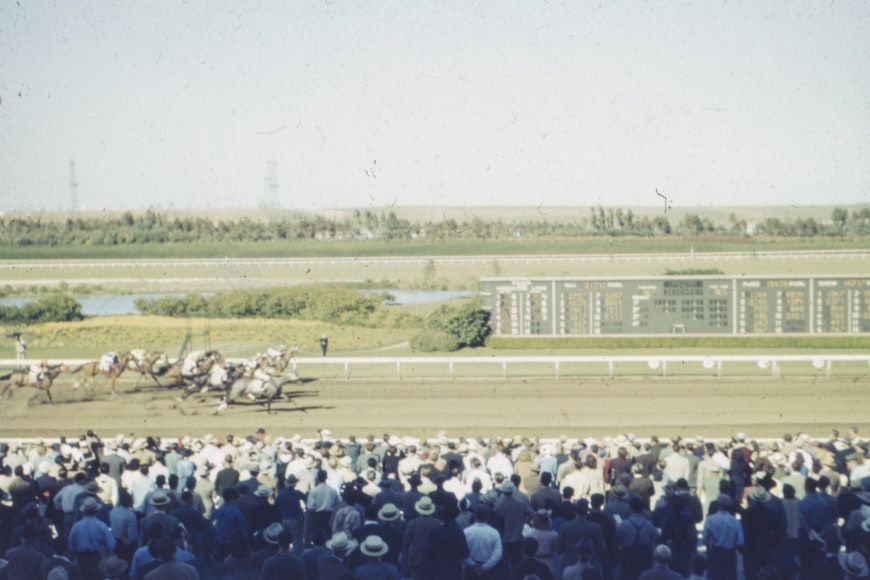
In horse racing, horse trainers are responsible for training the horses. They also teach the horses submissive behaviours and perform various disciplines. A horse trainer’s job also extends to other riding purposes, such as contests or other types of events. They take care of the horses’ physical needs, as well as their mental and emotional needs. This profession is highly rewarding, but it is not for everyone. If you’re interested in pursuing a career in horse racing, read on for more information.

Getting A Licencse
First, you must get a license to train horses. This will require you to complete a practical exam. This exam is a hands-on test, meaning that you’ll have to apply the equipment that is used in the racing process. Afterwards, you’ll have to pass a written examination. During the practical exam, you’ll have to identify parts of the horse and use proper training methods. Then, you’ll have to pass a test on ethics. After passing the written test, you’ll have to go through another examination, but this time you’ll be given a test that is based on your personal experience.
After passing the written exam, you’ll need to pass the practical exam. The test covers equine health, equine laws, and more. There’s no guarantee that your horse will be a star, but if you’re patient, it will be well worth it. Once you’ve completed the course, you’ll need to take a test on racing rules. Some states, like California, require you to have training licenses.
A horse trainer’s work is challenging and rewarding. Most trainers spend 45 hours per week preparing their horses for races. The job is rewarding and highly challenging, and you can earn anywhere from PS15,000 to PS45,000 a year depending on your level of success. The more successful you are, the more likely you’ll be hired to train other horses. You’ll be in demand as a horse racing trainer and earn between PS15,000 and PS45,000 a year.
Chelsea Banham has become the youngest horse trainer in the UK since she gained her licence in August 2019. Her first year working as an assistant to Paul Howling in Newmarket, she worked at Mulligan’s Yard under John Ferguson. She was then bought by the former Bloomfields owner and moved to Mulligan’s Yard. Aside from training the horses, she has also volunteered at local racecourses. There are a lot of benefits to becoming a horse racing trainer.
In the UK, the job of a horse racing trainer is extremely demanding. The industry requires long hours and intense work. Most people are not paid to train for a living. They must take care of their horses. They spend their entire lives watching races. This is the reason they can’t afford to hire a staff. But the jobs are rewarding. A lot of hard work goes into horse racing, but they’ll have to do it because they love it.


Garrick is a sports writer specializing in horse racing. He focuses on delivering race analyses, jockey and trainer insights, and coverage of major events, aiming to provide readers with up-to-date information and in-depth perspectives on the racing world.
